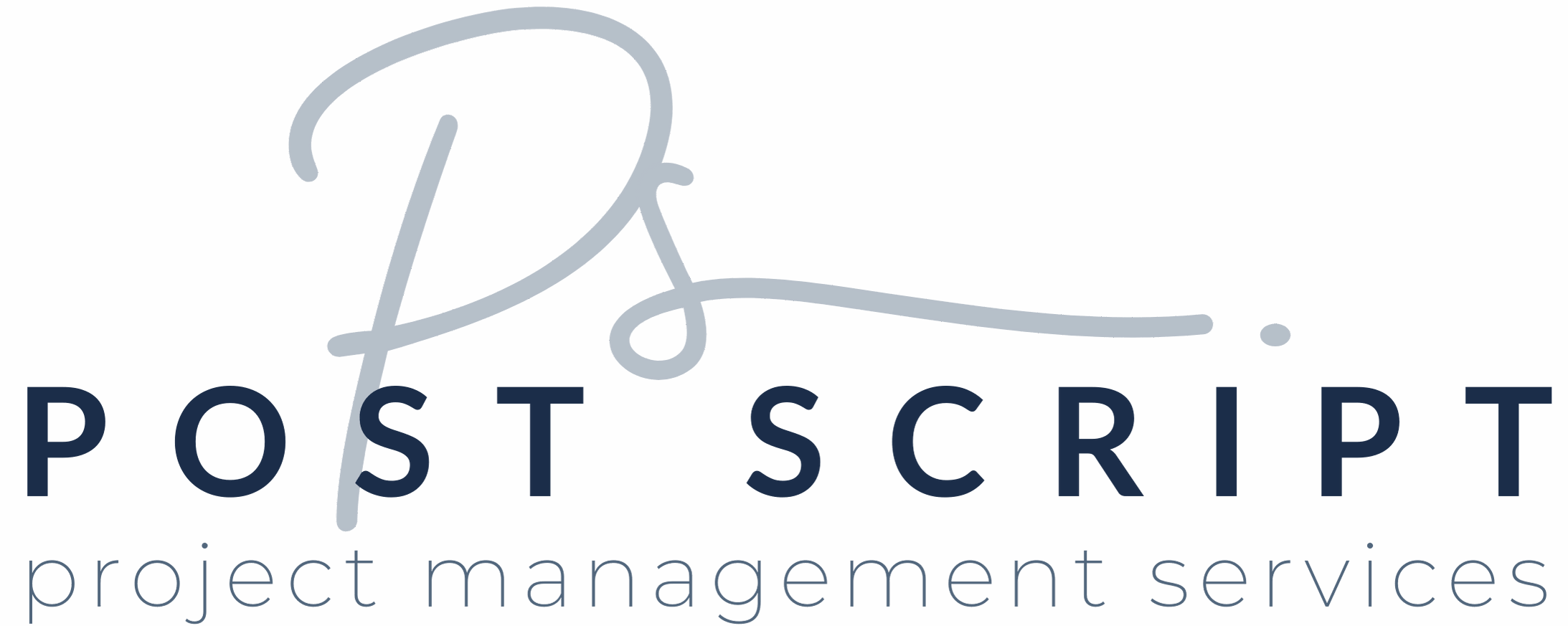Day 1 of Christie’s SMART Goals 101: Specific
Welcome back to Christie’s SMART Goals 101 series! Today, we’re diving into the first letter of the acronym: Specific. If you’re more of someone who likes to listen to content, rather than read it, you can catch my Instagram segment on Specific here.
If you’ve ever set a goal and felt unsure of where to start or how to achieve it, chances are it may not have been specific enough. That’s because specificity plays a large part in the foundation of a well-crafted goal, and in this post, we’ll explore why clarity is key and how you can refine your objectives to set yourself up for success.
What Does It Mean to Be Specific?
Being specific means defining your goal with precision and detail. It paints a clear picture of what you’re trying to achieve, leaving little to no room for ambiguity or misinterpretation.
For example, a vague goal might look something like this: I want to grow my business.
On the other hand, a goal where the SMART framework has been applied to it might look like this: I want to gain 3 new clients within the next 3 months by leveraging social media and client referrals.
The second formulation of the goal gives you a clear target, a timeframe, and a strategy, making it far easier to take action.
Why Specificity Matters
- Clarity Reduces Overwhelm: When a goal is specific, it is easier for you to break it down into manageable steps. This can reduce the feeling of overwhelm and can help you focus on actionable tasks, rather than wonder what you’re going to do to get there.
- Motivation Stays High: Specific goals give you a clear vision of success, which can in turn keep you motivated and committed.
- Easier Progress Tracking: It’s much simpler to measure progress when you have a clear, defined target in mind, and actionable steps to attain it.
- Improves Resource Allocation: Specific goals help you determine where to direct your time, energy, and resources.
How to Make Your Goals Specific
To transform a vague aspiration into a specific goal, start by asking yourself these five questions:
- Who is involved? Identify the people, teams, or stakeholders who will help or be impacted.
- What do I want to accomplish? Be clear about the result you’re aiming for.
- Where will this happen? Define the location or platform relevant to the goal.
- When will I achieve this? Set a timeline to create urgency and structure.
- Why is this important? Connect the goal to your bigger picture or values.
- How will you achieve it? The answer to this will be the manageable, actionable steps that you take.
Examples of Specific Goals
Here are some examples to illustrate the difference specificity can make:
- Career: Instead of “I want a promotion,” try, “I will apply for the project manager position in my department by the end of Q2, completing all necessary certifications by March.”
- Personal Growth: Instead of “I want to exercise more,” try, “I will attend a 45-minute yoga class every Tuesday and Thursday at the local studio.”
- Business: Instead of “I want to improve sales,” try, “I will increase revenue by 15% in the next quarter by launching a targeted email campaign and hosting a customer appreciation event.”
The Science Behind Specific Goals
Studies in psychology and behavioral science consistently show that specific goals lead to higher performance compared to vague ones. This is because:
- They engage your brain’s problem-solving mechanisms.
- They make it easier to visualise success, which can boost motivation.
- They provide a clearer endpoint, giving you a sense of accomplishment when achieved.
Common Mistakes to Avoid
- Being Too Broad: Goals like “I want to improve” or “I want to succeed” are too open-ended. Narrow your focus. Keep on asking yourself “what?/why?” until you’ve drilled down to the bedrock of your inspiration for the goal.
- Skipping the “Why”: Without a clear purpose, it’s harder to stay committed. The “why” often keeps people inspired to continue along their path, even when the going gets tough, because they can see/feel what their own success is like.
- Ignoring Context: Your goal should consider the resources and constraints of your current situation. Setting an objective without those in mind is almost always unequivocally setting yourself, or those helping you out up for failure. Never lose sight of what you have.
Personal Reflection: My Specific Goal
When I decided to launch the Post Production Podcast, my initial thought was simply, “I want to create a podcast.” But that wasn’t enough to move the needle. By applying the principle of specificity, I refined it to:
- Specific Goal: I will launch the Post Production Podcast by February 28, 2025, with weekly episodes focused on empowering entrepreneurs in Abu Dhabi.
- Action Steps (to name but a few):
- Research podcast platforms, and test them out to see which one is the best fit.
- Dedicate 2 hours weekly to learning the platform, and other recording and editing software.
- Create an outline for Season 1 by mid-January.
- Dedicate 4-6 hours weekly to recording and editing.
- Record soundbites and audiograms to practice comfort in from of the microphone, and find my “style”.
- Create social media content to raise awareness to the podcast.
By breaking it down into smaller “work packages, I had a clearer plan and a better sense of direction.
Your Turn: Be Specific
Take a moment to think about a goal you’ve been working on. Write it down, then refine it using the five W’s (and the one H). Does it feel clearer? Are you able to visualise the steps to achieve it?
Share your specific goal with me in the comments or reach out because I’d love to hear about your journey and help you refine your plan, if you need help.
Until tomorrow!





